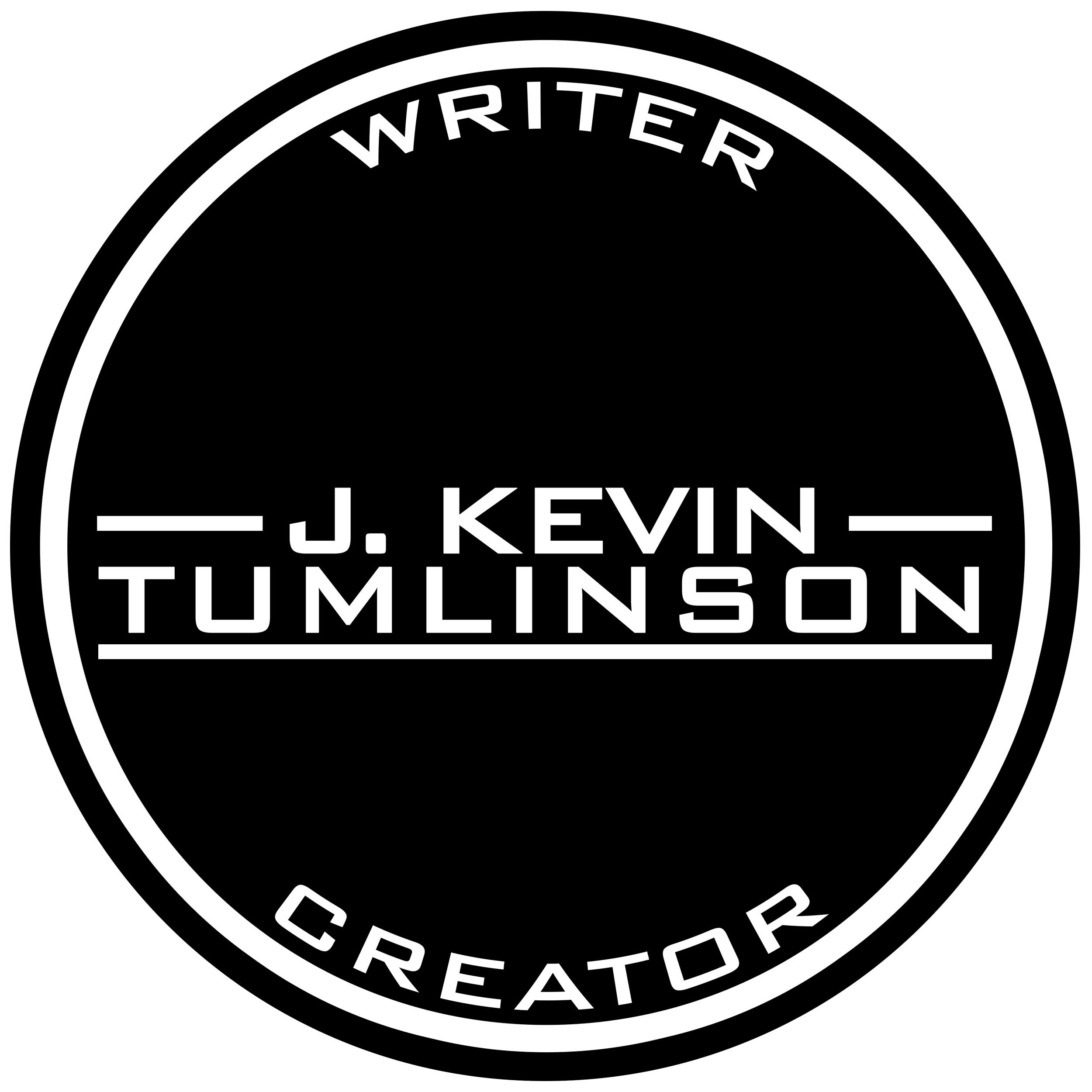The General Idea
I’m listening to Leonard Da Vinci, the excellent biography written by Walter Isaacson and narrated by the incredible Alfred Molina. Who, obviously, will always live in my mind in the duality that is both Satipo, the betrayer from Indiana Jones and the Raiders of the Lost Ark, and as Doctor Octopus, from the Spider-man films. I know he’s had other roles… these are the roles that live in my head. AND MY HEART.
I’m enjoying the book, both because it is well researched and well written (and well read), but also because the subject has always fascinated me. Leonardo was the prototype of the “Renaissance Man”—the well rounded, self-disciplined, self-educating soul who masters an array of skills and who becomes expert in an eclectic, decentralized wealth of topics. Leonardo was an artist and painter, a sculptor, an engineer, an anatomist… he did it all. He mastered it all.
And the body of work he produced, through journals and sketches and paintings over a lifetime, was just astounding. Not just in quality but in quantity, and more importantly in the range, breadth, and depth of it all.
I’m just in awe of the man.
But this post isn’t about Leonardo.
I mean, it is, but it isn’t. What I really wanted to dive into today was more about the fact that Leonardo—artist, inventor, genius—was not a specialist.
You could argue that he was. His art, after all, was kind of a central component of all of his life and work. He used his powers of observation and his skills in illustration to explore the world at the smallest and greatest levels he could perceive, and he used his unfailing curiosity and patience to ask questions of the natural world, to ferret them out to their deepest secrets, and to document them to the finest detail.
The guy did autopsies and drew illustrations of the workings of the human body that are still in use in the. medical discipline today, 500 years after his death.
But again… this post isn’t about Leonardo.
It’s about the fact that Leonardo was a generalist.
Another book I’m reading at the moment is David Epstein’s Range. Though I’ll confess, I only started reading the book last night. So I’m barely into it. But I’m already excited about the topic. Because it, too, is about generalists. In fact, the sub-title is the big draw: Why Generalists Triumph in a Specialized World.
I’m looking forward to seeing what Epstein has pulled together.
But the topic itself is one that I’ve thought about a lot over the years. Because, honestly, to paraphrase Norman Osborn (yet another Spider-Man reference…), “I’m something of a generalist myself.” And I always have been. In fact, I kinda got dinged for that during my thesis review, in college. But who’s laughing now, dean? Who’s laughing now!?!?
We live in an increasingly specialized world. One in which not only does someone go to medical school to be a doctor, they specialize in heart medicine… and then specialize further as an electrophysiologist or a cardiac rehabilitation specialist or a heart failure specialist. There are probably some specializations happening below that level, too. What do I know? I’m not heart doctor specialist.
Now again, I haven’t read much of Range yet, but I know that part of the exploration of the book is into the way the specialization can actually be a detriment. Maybe even harmful.
“To be fair, though, the flip side of this can be summed up as “details matter.””
Among all those heart doctors, for example, there can sometimes be the “hammer for every nail” problem. You know the one… when the only tool you have is a hammer, every problem looks like a nail. And that really is a problem, because if you’re just going around smacking nails into dry wall, you could miss the signs that the real problem is a rotting infrastructure, or a broken water pipe, or maybe just that the house itself is on fire.
A generalist view is a top-down view. It’s a wider angle, a sweeping look, and exploration. If you think like a generalist, you’re taking in the whole picture.
To be fair, though, the flip side of this can be summed up as “details matter.”
Leonardo was a generalist in his interests and in his skillset, but he was also meticulous in his exploration. He asked questions about the general object he was studying—the human body, for one of thousands of examples—and then he started using those questions, that curiosity, to delve deeper. He tried to understand the process of the whole by understating the minutia of processes underlying it.
The key to greatness, right there.
I’m a generalist, but I tend not to be patient enough to go into the details. I like the big picture, and get stressed out by the pixels. But cultivating that willingness and ability to look closer, while also maintaining the ability to keep a broader view, creates opportunities and grants me insights I would miss, if I specialized.
I guess to sum it up, think of it this way: If you are the world’s foremost expert on brake systems, specializing in them to exclusivity, then you may not be the best mechanic in the world. There’s a whole car there. Widen your perspective a bit, see how the brakes integrate into the rest of the machine. Expand your understanding by being willing to generalize and then drill down.
I’m sure I’ll come back to this subject, as I read Epstein’s book and think about these concepts more. But for now… that’s the general idea.
If you like this post, there’s a blog full of this kind of stuff. And Side Notes is basically an extension of my Note at the End, which you’ll find in all of my novels. And you can find those by clicking here. Share this post with your friends, if you found it helpful. And buy my books if you’d like to support me and my work!





Dan Kotler is back, and this time he’s been recruited to help investigate a mysterious artifact that’s at the heart of a Senator’s disappearance. Engraved on the artifact is a lost Viking rune… but that’s impossible.
The artifact predates the Vikings by nearly ten-thousand years.
Now the artifact has been stolen, and whoever took it plans use it to unleash Hel on Earth. And only Dan Kotler can stop them!
Book 13 in the Dan Kotler Archaeological Thrillers!
>>CLICK HERE to Order The Forgotten Rune